Late Musharraf’s death penalty still intact: SC
CJP asks senior lawyer to assist bench on how LHC wrote against top court’s orders
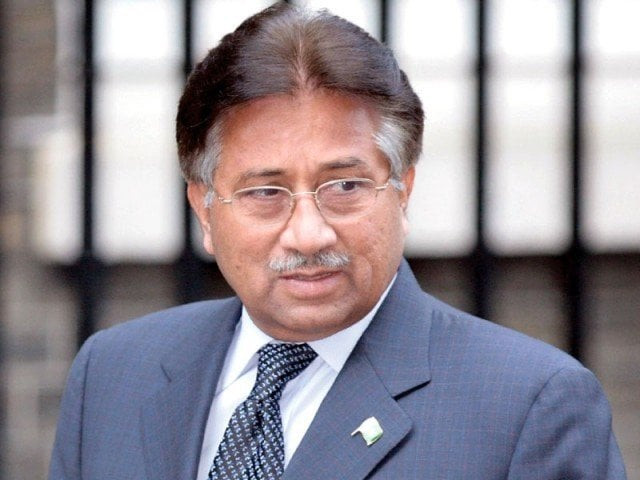
The Supreme Court observed on Tuesday that the decision of a special court, awarding the death sentence to the late former military ruler Gen (retd) Pervez Musharraf for high treason, was still intact and allowed his lawyer to contact the family to find out whether or not it wanted to pursue his appeal.
A four-member bench -- comprising Chief Justice of Pakistan Qazi Faez Isa, Justice Athar Minallah, Justice Mansoor Ali Shah and Justice Aminuddin Khan -- heard Musharraf’s appeal against his conviction in the high treason case.
The bench also observed that the Lahore High Court could not set aside the Musharraf’s sentence. It added that how the LHC could overrule the SC orders and asked senior advocate Hamid Khan to assist the court in the matter.
Before his death in February this year, Musharraf appealed against a special court’s decision of awarding him the death penalty on December 17, 2019 for imposing a state of emergency in the country and suspending the Constitution in November 2007.
Musharraf filed a petition against the verdict and on January 13, 2020, the LHC annulled the death sentence, calling the special court that held the trial as unconstitutional.
Later, both the matters were challenged in the SC.
During Tuesday’s hearing, Musharraf's lawyer, Salman Safdar, informed the court that he tried to contact his late client’s family but there were no instructions from it for filing an appeal on its behalf.
Read More: TIMELINE: Rise and fall of former military ruler Pervez Musharraf
Justice Minallah told the lawyer that the decision would have an impact on the future, adding that Musharraf’s family would not receive his pension and other benefits.
The court then allowed the lawyer one more time to seek instructions from the family if it wanted to pursue the appeal or not.
The bench also took up an appeal against an earlier LHC decision pertaining to the status of a special court to adjudicate the high treason case. The additional attorney general (AAG) told the bench that the federal government did not support the LHC decision.
Justice Shah inquired whether or not the government was defending the LHC decision. He added that the LHC decision became ineffective after the special court verdict.
The AAG replied that he would not defend the LHC decision.
The CJP, while noting the remarks in the LHC judgment which read that the Supreme Court had not interpreted the Constitution correctly, inquired how a high court could write against the SC’s decision.
“Is there any prior precedent,” he asked. Even if this opinion of the high court was correct, the CJP further inquired, could it annul the decision of the Supreme Court.
Read More: Pervez Musharraf treason trial: a timeline
He pointed out that there were more questions on the application and asked lawyer Hamid Khan to assist the court by looking into the matter.
Justice Minallah observed that even after the LHC verdict, the special court's decision remained intact even though Musharraf had expired.
During the proceedings, Hamid Khan's arguments were continuing on the petition against the LHC decision, when the court adjourned the hearing till Wednesday (today).



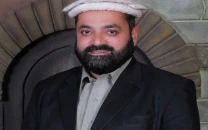
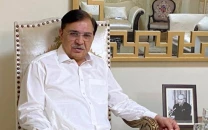

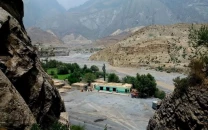


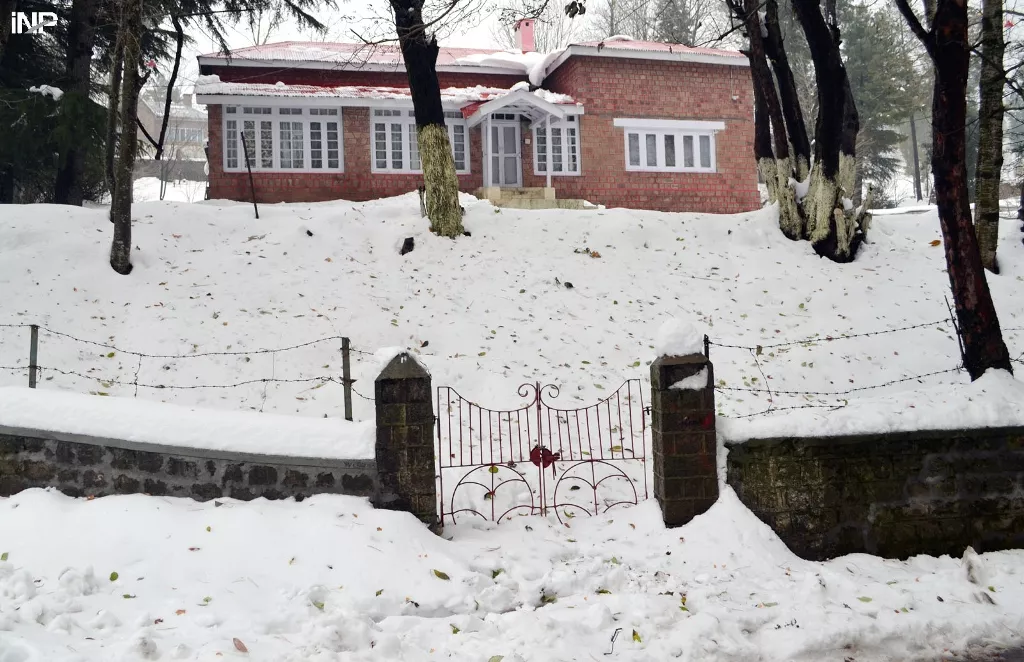









COMMENTS
Comments are moderated and generally will be posted if they are on-topic and not abusive.
For more information, please see our Comments FAQ